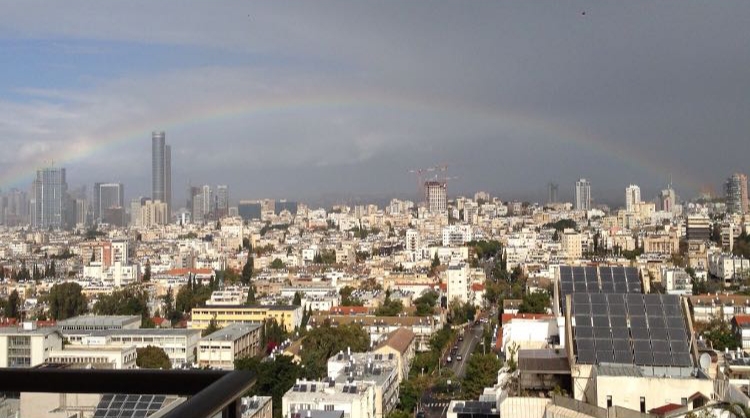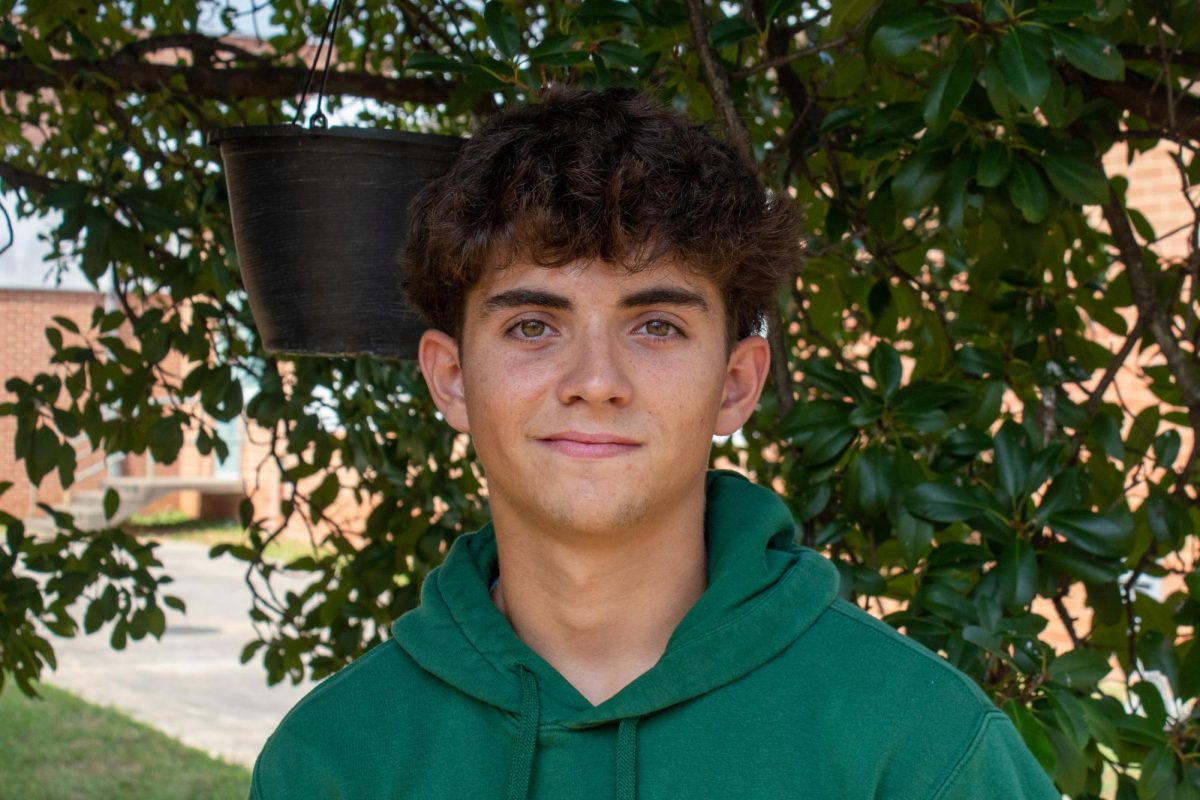It was the summer of 2014. Like any other summer, I was in Israel visiting my family. With the TV playing in the background, we were getting ready to go to the beach one day. There were breaking news reports that three Israeli teenagers had been kidnapped by Hamas, a Palestinian militant organization. Of course we were shocked and upset at the news, but we carried on with our day. Throughout the duration of our trip, the news was naturally relegated to the space in the back of our minds.
The majority of the trip was very typical. I soaked up the sun on the beaches of Israel’s Mediterranean shores, ate everything from intricate Israeli breakfasts at chain cafes to hole-in-the-wall falafel and shawarma.
On our last night in Israel, my mom and I went out to bring sushi from a nearby restaurant to my grandparents’ house.
Over dinner we were chatting, laughing and discussing how our days went. Until suddenly, a strange sound that I had never heard before went off in the distance. I didn’t think much of it.
“That’s weird,” I said, my attention shifting back to my food.
“Danielle, that’s the bomb siren,” my mom said with a sense of urgency that I’d never seen from her before.
I already knew that Israel was no stranger to these types of occurrences, but this was my first time experiencing something like this first hand. My jaw dropped and my body completely froze.
We got up and ran to the bomb shelter as fast as we could (every home in Israel built after the First Gulf War has a bomb shelter in it) and we stayed there overnight. The sound of the Iron Dome shooting down Hamas rockets kept me up all night. My phone was blowing up with messages from concerned friends who were watching the news back home.
That night was the start of “Operation Protective Edge”, or the 2014 Gaza War, a military operation launched by the Israeli Defense Forces (IDF) in the Gaza Strip after the kidnapping and murder of the three teenagers mentioned earlier. It lasted for seven weeks. Can you imagine? Seven weeks of constant rocket explosions, trying to reach the nearest bomb shelter possible and lingering uncertainty. Luckily, I was fortunate enough to be able to return to the States the next day, but not everyone has that privilege.
Despite a falling out with its neighbors every few years, Israel is generally very safe, which is why this was such a shocking and pivotal moment in my life. I had been to Israel many times prior to Operation Protective Edge with nothing like this ever taking place. I also grew up watching the Israeli news at home. I was always made aware of the various wars, Intifadas (Arabic for “uprisings”) and everlasting tensions that continue to plague the region. But then again, it’s completely different watching something happen through a screen from thousands of miles away and actually being there to see it with your own eyes. The realness of it all hit me like a ton of bricks.
I’m not going to lie, I was slightly traumatized, but I also gained a deep, newfound appreciation for my homeland. I became more cognizant of the billions of dollars in missile interception systems and the thousands of soldiers working tirelessly, risking their lives to ensure that civilians are kept safe in times of crisis. It’s because of these measures that Israel remains a beacon of freedom and light in a sea of darkness. A vibrant and lively place, with everything from its sprawling skyscrapers and city lights to open air markets and ancient, white stone buildings. But most importantly, it is a place where each time I land, my heart swells up with the warm, fuzzy feeling of home.
























![Junior Grant Levins sprints down the track. "I'm here to try out because I love the sport of track and field and I'm working on my 800 [meter] time. Just trying to get better," Levins said.](https://www.wjpitch.com/wp-content/uploads/2024/11/g82ehdhTRiNswrE8gfn0tL9VRz7fuAnaiIKPCaOI-1200x900.jpg)














yitzhak • Nov 15, 2018 at 9:49 am
looking great!